
Infant and Early Childhood Behavioral Health Consultation
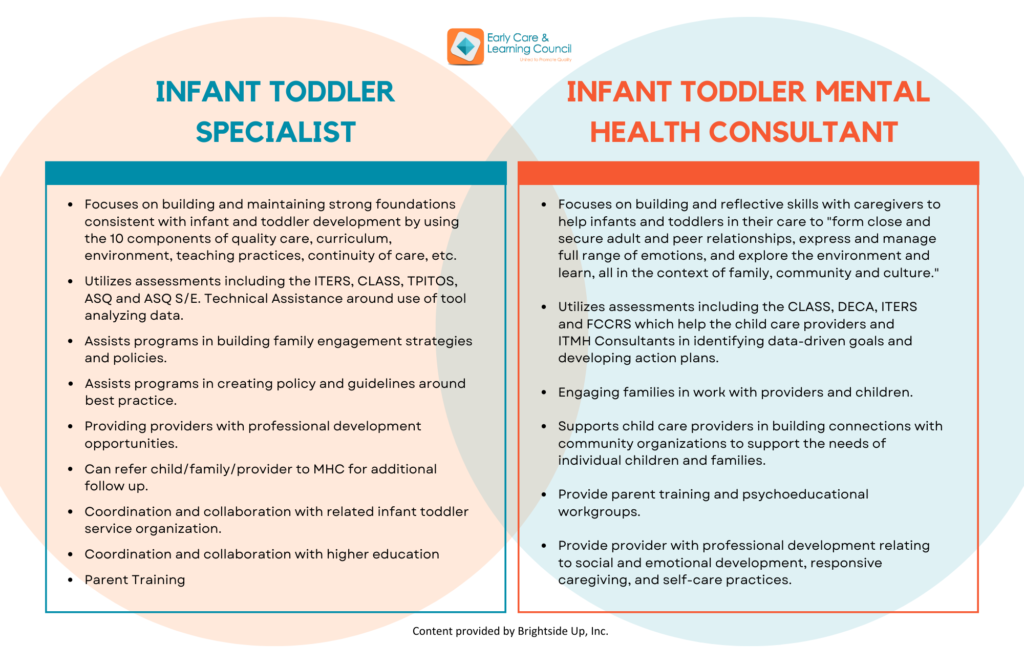
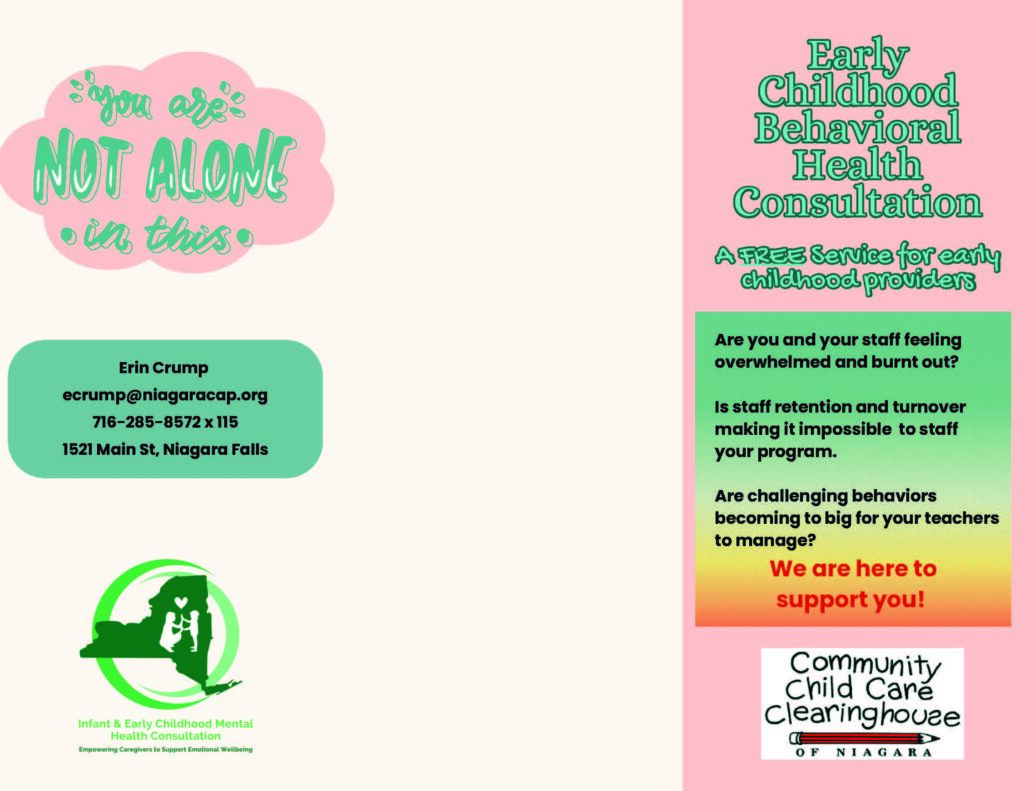
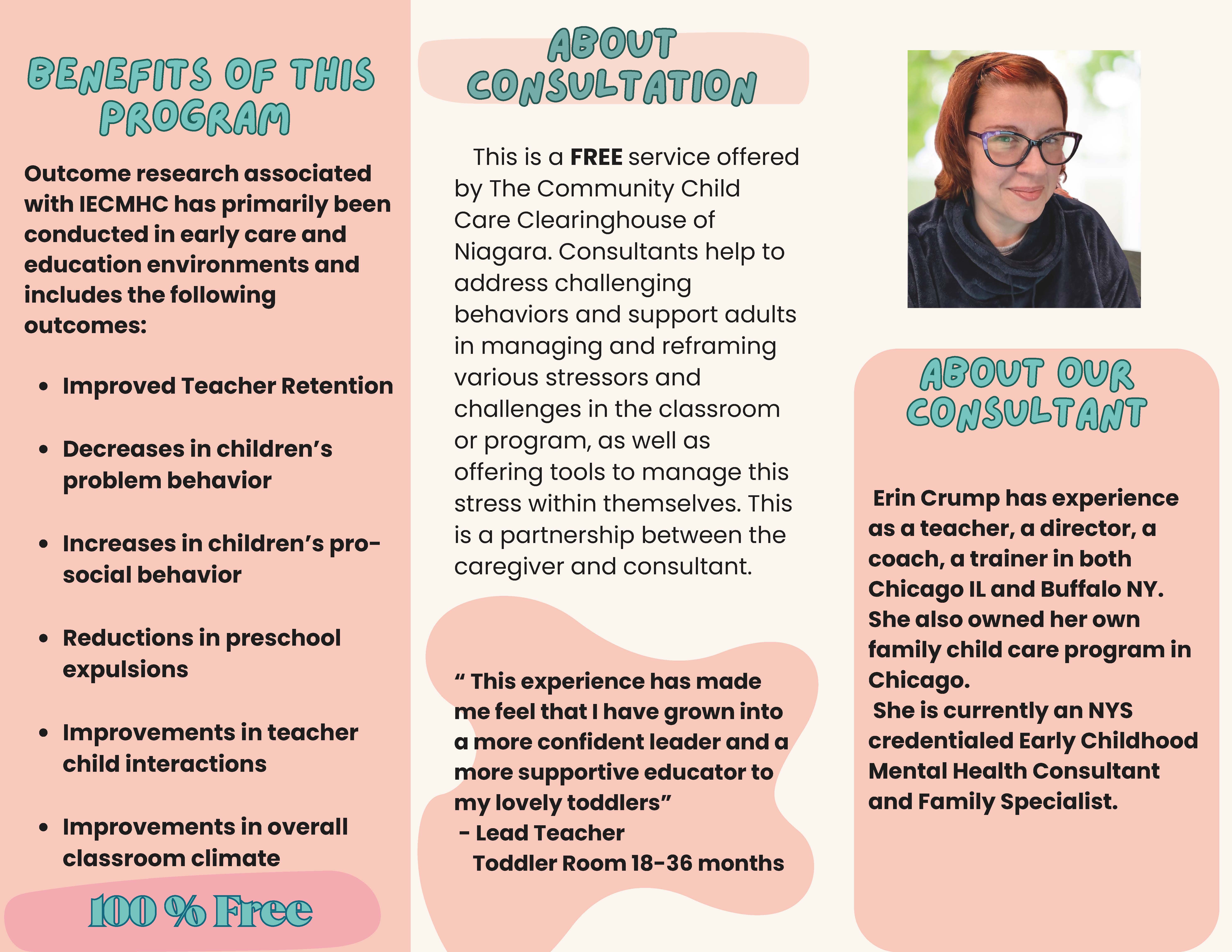
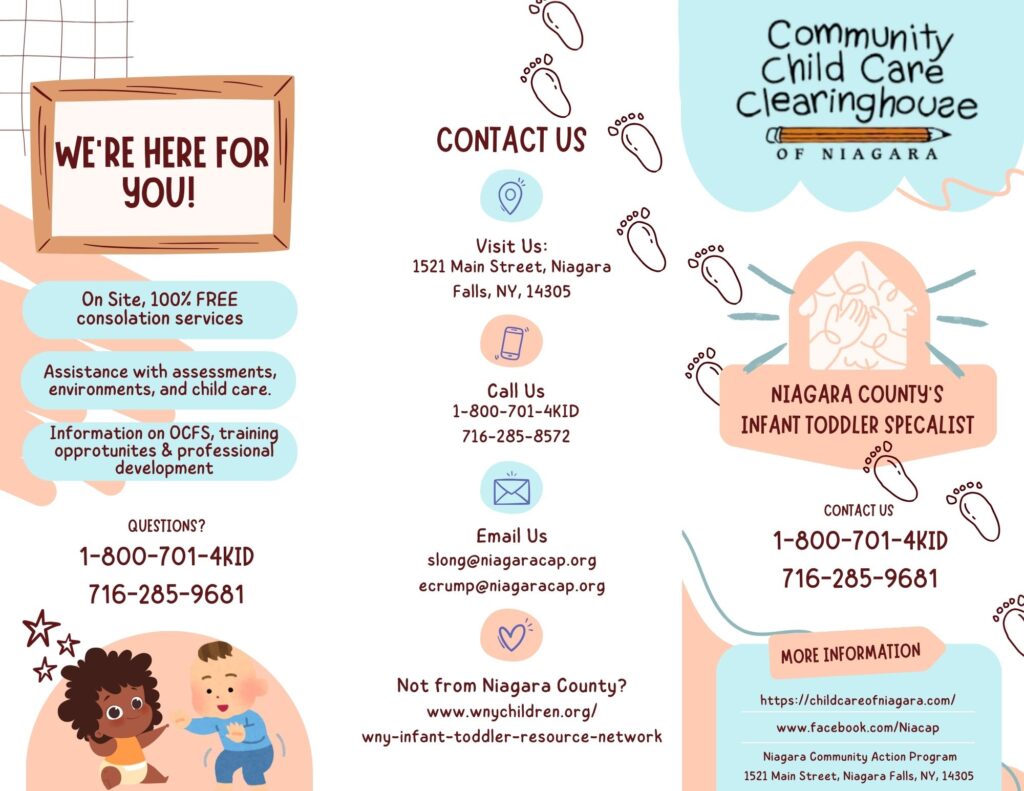
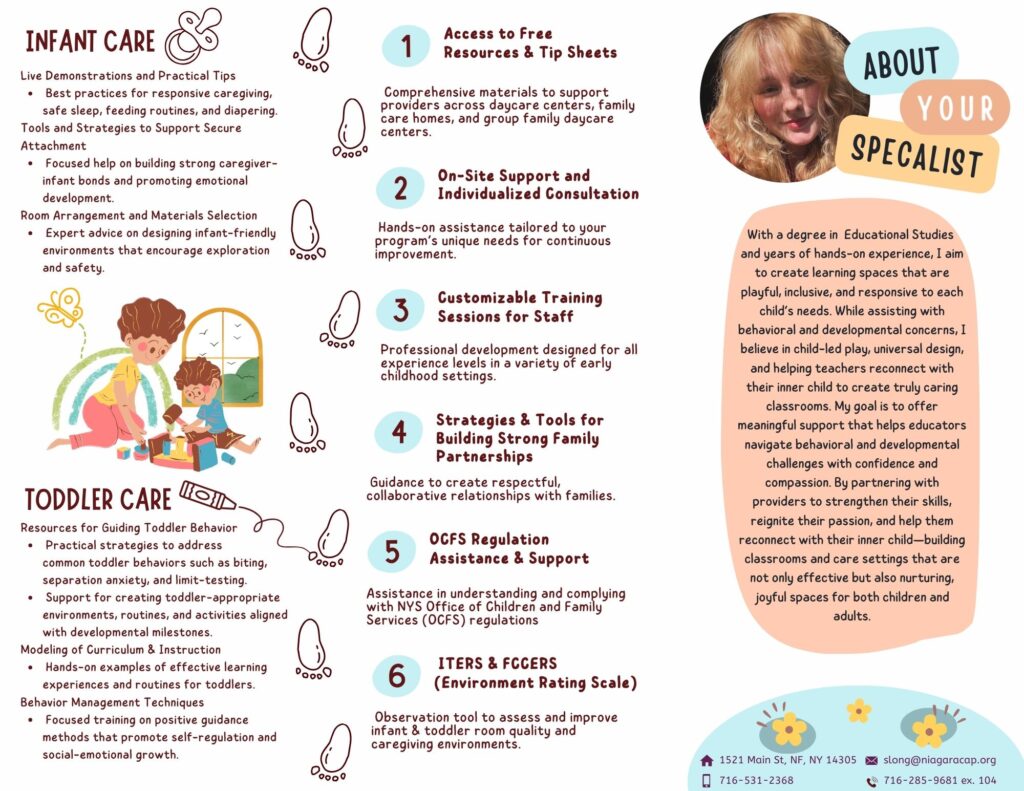
Games to play With Infant & Toddlers
Games to Play with Babies and Toddlers
Games to Play with Babies and Toddlers
Games to Play with Babies and Toddlers
Games to Play with Babies and Toddlers
